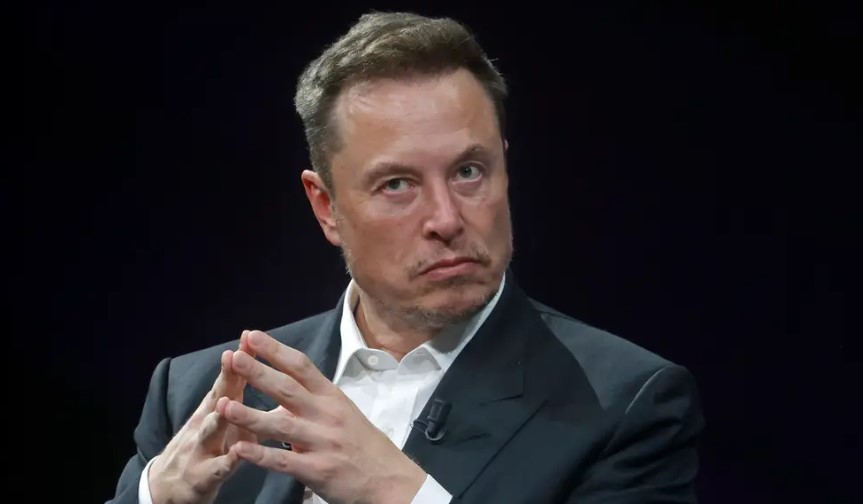
Elon Musk explains failure of Ukrainian Armed Forces operation in Crimea by US sanctions
Elon Musk says Joe Biden and the US government are to blame for the collapse of Starlink Crimea, not him
SpaceX CEO and multibillionaire Elon Musk said that American sanctions against Russia prevented the connection of the Starlink satellite Internet service near the annexed Crimea at the request of the Ukrainian military. This was reported by Business Insider on Wednesday, September 13.
“If I had received a request from the president – from the American president, to be clear – then I would have turned it on. There was no such request (from Joe Biden – Ed.),” Musk said on The All-In Podcast.
Musk noted that he interpreted Ukraine’s request as an invitation for SpaceX to “actually, proactively participate in a major act of war.” In his opinion, the use of Starlink in Crimea could create a “mini-Pearl Harbor.”
“If you take the real-life example of Pearl Harbor, you have to say, ‘Well, how did it work for Japan? It didn’t work at all. Because it was a tactical victory, a strategic defeat. It enraged the American public, which naturally wanted to take revenge for this act,” the multibillionaire said.
He suggested that giving Ukraine the opportunity to attack Russia “will lead to a massive escalation of hostilities” and will not lead to victory over Russia, but will only anger it.
Disconnected or refused to connect?
On the eve of the publication of Musk’s biography, written by American journalist Walter Isaacson, CNN received an excerpt from it. It says that in 2022, Musk ordered Starlink to be shut down off the coast of Crimea to disrupt Ukraine’s attack on the Russian fleet in Sevastopol using surface drones. In the book, the journalist explains Musk’s decision as a result of fear of a retaliatory nuclear strike by Russia. Before the decision was made, the billionaire was frightened by Russian Ambassador to the United States Anatoly Antonov.
Later, Musk himself confirmed the emergency request of the Ukrainian authorities to connect the connection on the way to Sevastopol. According to him, he did not turn off the service because it was not activated there, but confirmed that he did not grant Kyiv’s request because “SpaceX would have become a clear accomplice in a major act of war and escalation of the conflict.”
The Financial Times later reported that Musk had passed on private messages from Ukraine’s Minister of Digital Transformation Mykhailo Fedorov regarding Starlink to his biographer. The newspaper writes that Fedorov was shocked by the publication of correspondence with Musk without his consent. According to him, Musk told him that he had turned off communication on the front line in southeastern Ukraine, and when he turned it back on later, he “wrote that he had brought it back.”

